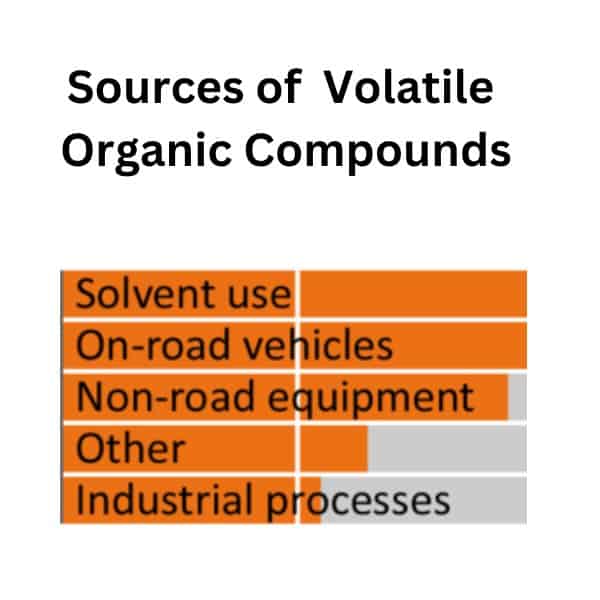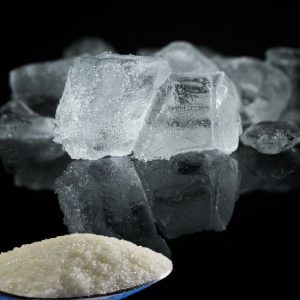What is a Water Distiller?
A water distiller is a machine that works effectively to purify water by removing impurities such as minerals, bacteria, and other contaminants. Water distillers are commonly used in households, industries, and laboratories where water purity is important. They are especially useful in areas where tap water quality is questionable due to high contaminants like lead or chlorine.
How Does a Water Distiller Work?
A water distiller operates on the principle of evaporation and condensation. The process begins with heating the contaminated water in a separate chamber until it reaches its boiling point. The steam that rises from the heated water then travels to a cooling coil, condensing into liquid form as pure, distilled water. This process removes impurities such as minerals, bacteria, and chemicals that may be present in the initial water source. Here is a list of the best water distillers that you can check out.
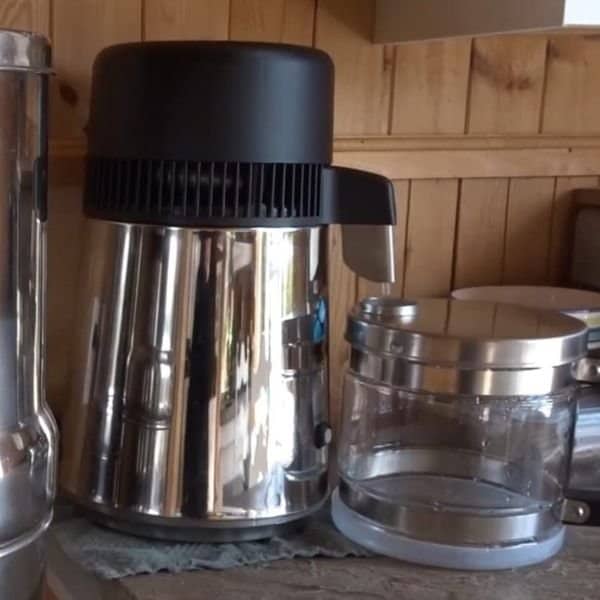
What Are the Contaminants That Water Distillers Remove?
Distilling water at home is an economical option as compared to buying distilled water bottles. The water distillation process effectively removes various contaminants from the water that can harm our health. These contaminants range from organic compounds to inorganic minerals and everything in between.
Chlorine
One of the most common contaminants in tap water is chlorine. Chlorine is added to public water supplies as a disinfectant but can also negatively affect our health. Water distillers can remove chlorine and other disinfectants like chloramines used in some municipal water systems.
Iron
Another significant benefit of using a water distiller is removing iron from the water. Iron can make your drinking water taste metallic and can cause harm to your health over time. You can enjoy pure and fresh-tasting water with a distiller without worrying about harmful substances.
Flouride
Water distillers also remove fluoride from your drinking water. Fluoride is a chemical that is commonly added to municipal water supplies to help prevent tooth decay, but there has been some controversy surrounding its safety. So, if you want to avoid excessive fluoride in your water, a distiller is efficient.
Sulfates
Sulfate compounds can be present in various forms in water sources, including calcium sulfate, magnesium sulfate, and sodium sulfate. These compounds can lead to unpleasant tastes and odors in the water and even cause health problems if consumed regularly over a long period. Water distillers are an effective solution to remove sulfates from drinking water.
Nitrates
Nitrates occur naturally in soil and water, but excessive amounts can harm human health. Water distillers are very effective in removing nitrates from drinking water.
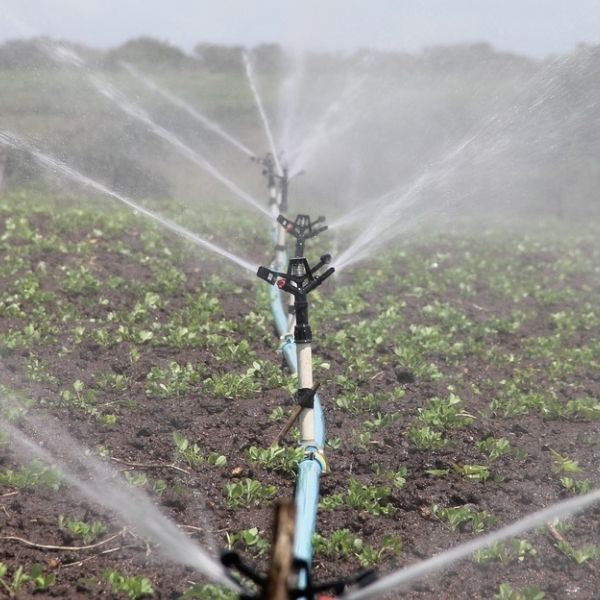
Heavy metals
Water distillers are an effective and efficient way to remove heavy metals from drinking water. Heavy metals can be found in many water sources, particularly in industrial areas where pollutants can seep into the groundwater. These metals can have serious health implications if ingested over a long period, so removing them from your drinking water is important.
Pesticides
Water distillers remove a wide range of contaminants, including pesticides. Pesticides are chemicals used in agriculture to control pests that can harm crops. However, they can also harm humans if ingested through contaminated water sources. This is where water distillers come into play.
Pharmaceutical residues
Water distillers are an excellent solution for people who want to reduce their exposure to pharmaceutical residues. These residues can enter the water supply through various sources, including human waste and pharmaceutical manufacturing processes.
Pathogens
The significant benefit of using a water distiller is that it can remove pathogens from your drinking water. Pathogens are disease-causing microorganisms that can be present in untreated water sources such as rivers and lakes.
Microplastics
Water distillers can also remove microplastics from your tap water. Microplastics are tiny pieces of plastic less than 5mm in size and can be found in all water sources, including rivers, lakes, and oceans. Using a water distiller will remove these microplastics.
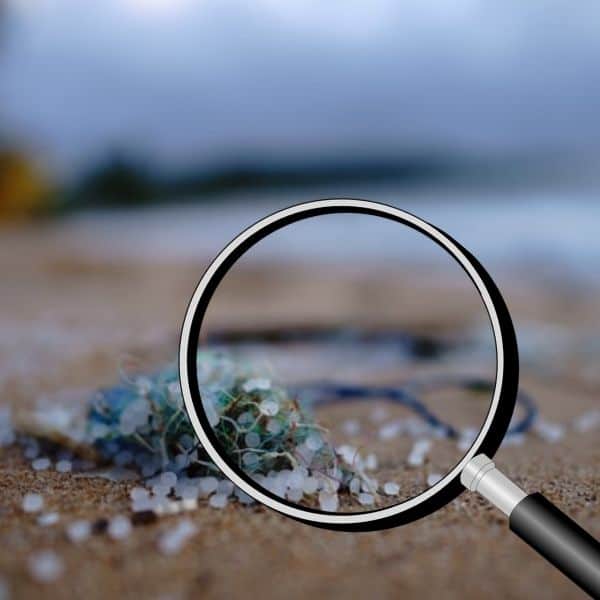
Are There Any Contaminants That a Water Distiller Cannot Remove?
While water distillation is highly effective at removing many contaminants from drinking water, some substances may need to be completely removed through this method alone. For example, a typical home water distiller may only partially eliminate volatile organic compounds (VOCs) such as gasoline or solvents.
Does a Water Distiller Guarantee 100% Purified Water?
While water distillers effectively remove many contaminants from tap water, they do not necessarily guarantee 100% pure drinking water. Certain contaminants may not be removed through the distillation process, such as volatile organic compounds (VOCs) and some pesticides. Additionally, if the boiling chamber or condenser coils in a distiller are not cleaned regularly or properly maintained, bacteria and other microorganisms can grow inside them, contaminating the distilled water.
Do You Need a Filter in a Water Distiller?
It depends on your needs and preferences. While some people choose to use filters with their water distillers, others find that they’re unnecessary.
One of the main reasons people choose to use filters with their water distillers is that they can help remove any residual impurities present after the distillation process. Filters can also help improve the taste and odor of distilled water by removing any remaining volatile organic compounds (VOCs) or other contaminants. Additionally, if you live in an area with particularly hard water, using a filter alongside your water distiller can help reduce mineral buildup and extend the life of your machine.
Conclusion
A water distiller is an effective way to purify water and remove many contaminants. However, it’s important to understand that a water distiller will not remove all possible contaminants from your drinking water, including volatile organic compounds (VOCs) and other chemicals. It may be beneficial to use additional filtration systems in conjunction with a distiller to ensure the best quality of your drinking water.
